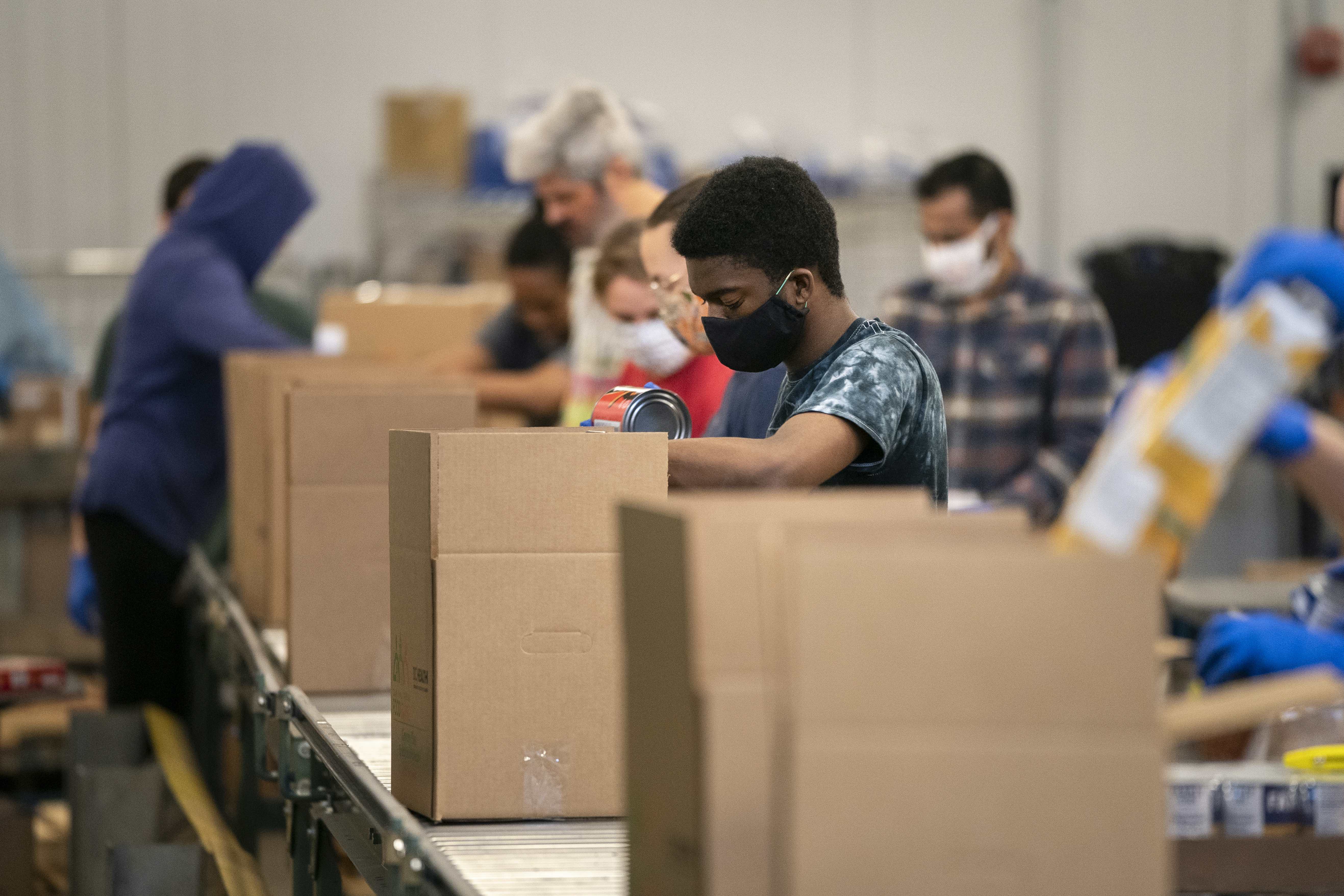
Health & Medicine
The young Australians hit hard during COVID-19

2020 looked bleak, but Australia’s young people are working hard at getting work – volunteering and connecting to their communities. With the right support, their outlook is bright
Published 7 January 2021
The headlines about young people during COVID-19 have been threaded with negativity. They have presented a bleak portrait of curtailed life prospects, particularly in relation to employment.
We have heard how young people have experienced heavy job losses; many of the industries in which young people are concentrated are those most affected by COVID-19 lockdowns.
We have also heard about the educational opportunities lost for high-school, TAFE and university students.

We have heard how young people will be paying the economic debt incurred by the COVID-19 pandemic for many years, possibly decades. And on top of this, the usual tropes about youth indolence have been revived.
But is this narrative of desolate and despoiled hopes, and generational lassitude telling the full story? Is the outlook for young people as dire as popular discourse would have us believe?

Health & Medicine
The young Australians hit hard during COVID-19
Our University of Melbourne study of over 500 young Australians, the Youth Employment Study (YES), has been surveying young people throughout 2020. Here, we found a group of young people that were certainly disrupted by COVID-19.
Many had lost work, and many had experienced challenges in relation to school and education. But despite this, we found reason for hope and optimism.
Contrary to popular stereotypes, these young people weren’t averse to work. In fact, almost 80 per cent of 15 to 25-year old’s in our survey had worked at some stage of their lives, many doing so while also studying.
We also found that young people were determined to engage with, and contribute to society, with almost a third of those participating in our survey having done volunteer work in the last three months.

Further, of those volunteering, the majority were motivated to volunteer for purposes of “community involvement”, rather than being required to or wanting to gain work experience opportunities.
These young people aren’t naïve to reality.
Many have experienced recent financial difficulties and a third have had to move homes due to COVID-19 – this commonly due to financial difficulties. However, while these experiences made them circumspect about the state of the world, they retained hope and optimism about their own future prospects.

Business & Economics
Pandemic fallout exposes the young and vulnerable
The YES study also asked young people whether they had heard of the various employment programs available to them and whether they were attending any.
Only 20 per cent of the youth that participated were involved in a program, yet almost 40 per cent of the remaining sample said they would want to be involved in a program if this was offered to them.
The sum of this is a sample of young people driven to engage in their world through community volunteering, work, and education.
At the same time, it shows a group of young people with their eyes wide open, who remain pragmatic and realistic about the world they are set to inherit, and importantly, are receptive to support.

As we navigate our way through COVID-19, attending to the particular vulnerabilities of young people, with a clear eye on lessons of past crises, will be imperative.
Young people were disproportionately affected by the global financial crisis of 2008-2009. In 2008, almost one quarter of the global working poor were young people, and it was estimated that approximately 81 million young people were unemployed.
COVID-19 will leave many young people with significant gaps in their resumes, their education, as well as their self-esteem. It is therefore vital that the policies and approaches that we shape as we move toward recovery recognise the unique set of challenges young people face.

Health & Medicine
Adolescence - a critical time to address gender inequality
Targeted investment in youth employment, education and training programs, social protection for young people, as well as mental health services tailored to young people, have been identified as key strategies to prevent enduring negative consequences of the COVID-19 pandemic.
It is almost always the case that older generations lament the lack of spine in the youth of the day, and yet each generation makes their own way through the different and varying circumstances that the world sets before them.
Our study has documented that many young Australians are wanting to step up – they want jobs, they have already worked hard to hold jobs, and furthermore, they have a drive to support their community.
Young people of today are making their own way through the unprecedented set of events laid before them, and with the right support, there is good reason to be optimistic about the future that they can, and will, shape.
Banner: Getty Images